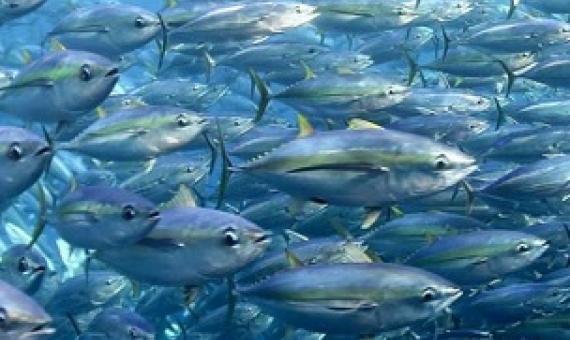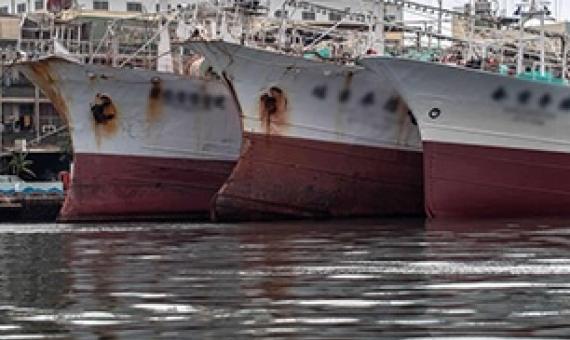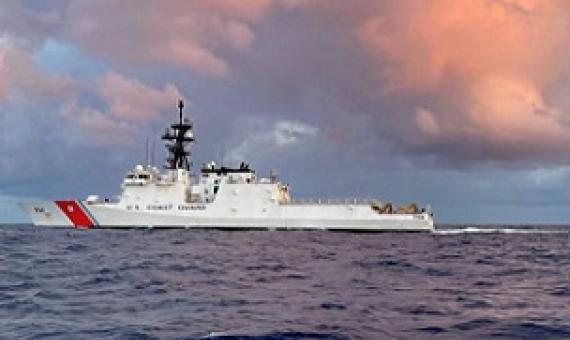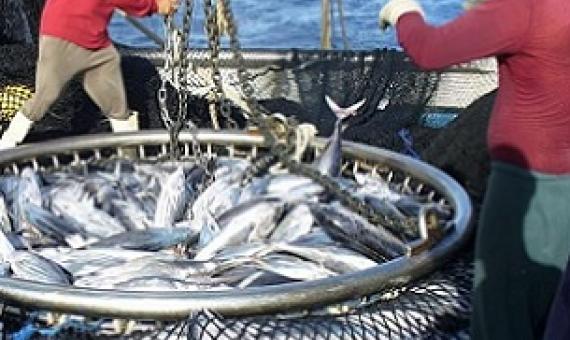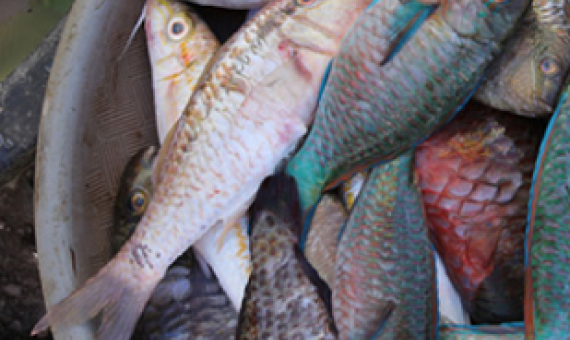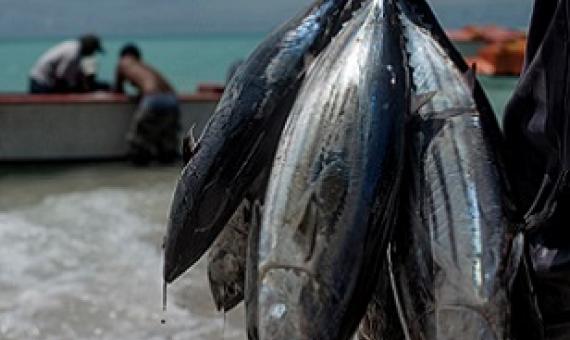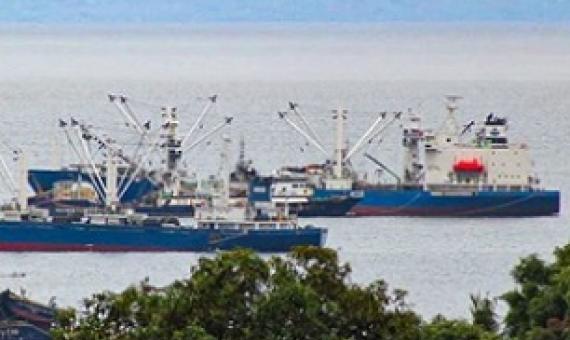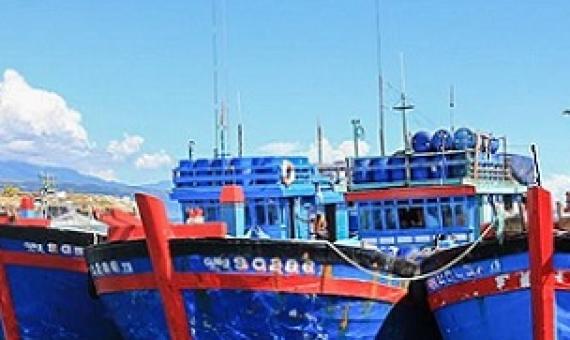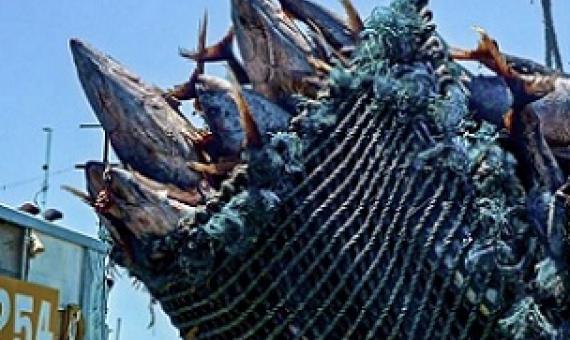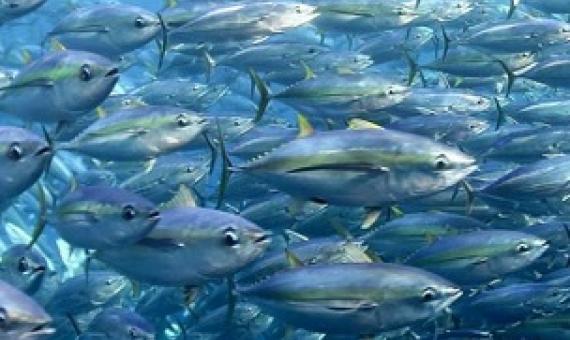The peoples of the Western and Central Pacific Ocean (WCPO) can celebrate having the healthiest stocks of tuna in the world. It doesn’t happen by chance.
Five Chinese government-appointed observers have departed a Chinese port onboard a reefer, in what is potentially a major development for China’s governance of its distant-water fleet.
The crew of the Coast Guard Cutter Kimball (WMSL 756) returned to Honolulu April 9 after completing an expeditionary patrol supporting Operation Blue Pacific, Operation Rai Balang and Operation Aloha Shield in the Pacific, the Coast Guard 14th District said in an April 9 release. Durin
The tuna fisheries of the western and central Pacific Ocean (WCPO) are in better shape than those of other oceans, a report just published by the International Seafood Sustainability Foundation (ISSF) shows. The report summarises the state of health of the world’s tuna fisheries.
Fisheries in the Pacific are at risk, and require a unified regional response in order to be preserved for future generations, Joeli Veitayaki writes.
They control the richest tuna waters on the planet, an area of the Pacific roughly one-and-a-half times the size of the United States. But 10 years ago, eight island states in whose waters most of the world’s canned tuna is fished were seeing almost none of the profits.
As with many other aspects of government policy, overfishing and other fishing-related environmental issues are a real problem, but it’s not clear that government intervention is the solution.
For the first time, the volume and value of illegal, unreported and unregulated (IUU) fishing for tuna is being measured for the whole western and central Pacific Ocean (WCPO).
As discussions on a new Tropical Tuna Measure (TTM) loom, Pacific island countries need to push more to get the international community to consider the impacts of climate change on the regional tuna fishery.
If the Pacific Islands Forum Fisheries Agency (FFA) and its members have it their way, they will soon be managing tuna and other migratory fish in their region by taking into account the needs of the whole ecosystem, and not just the fish.

